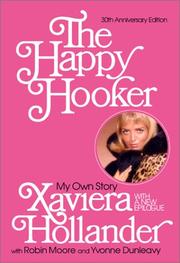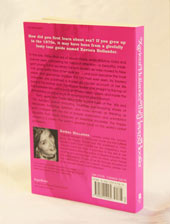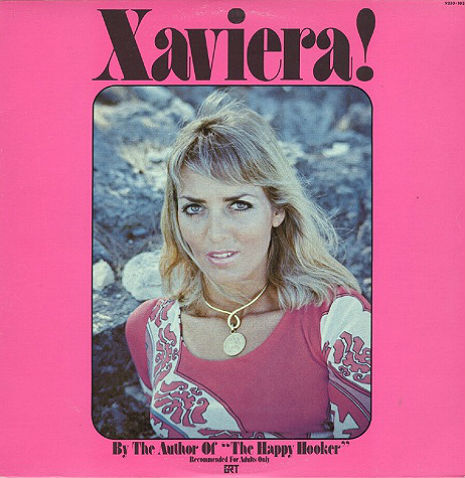


When Hollander (née de Vries) moved from Holland to work in the New York consulate, after winning a competition for “Holland’s best secretary” (!), she fully intended to make a traditional living like anyone else. Many well-known sex educators give her credit for opening doors once closed to women. Instead, she used her notoriety to help break down boundaries, changing people’s perceptions of prostitution and female sexuality in general. Her clients included celebrities and political figures – which she didn’t give away, even after she was deported from the United States. Her sex-postive outlook was a fresh perspective and people wanted more of it.īeing New York’s leading madam for a few years, she was a controversial icon.

Her autobiography, ‘The Happy Hooker: My Own Story’, set bestsellers lists ablaze, leading to incessant interviews, more books, movies, a column in Penthouse magazine and many other ventures. If you were aware of pop culture in the ’70s, there was almost no escaping it, it was omnipresent. For many this name has incredible significance. her fascinating adventures.Įyesores: the brevity of the film, its limited substance. Xaviera Hollander, the Happy Hooker: Portrait of a Sexual Revolutionary 7.0Įyelights: Xaviera. Interviews with Larry King and commentary from America’s foremost sexologists explore Xaviera’s rise and fall as a madam, her deportation from the United States and her political significance to the Feminist Movement and Sexual Revolution of the 1970’s. The film reveals the woman behind the legend who became the most famous madam of all time. Synopsis: XAVIERA HOLLANDER, “THE HAPPY HOOKER”: PORTRAIT OF A SEXUAL REVOLUTIONARY is a documentary about one of the world’s most important sexual icons.


 0 kommentar(er)
0 kommentar(er)
